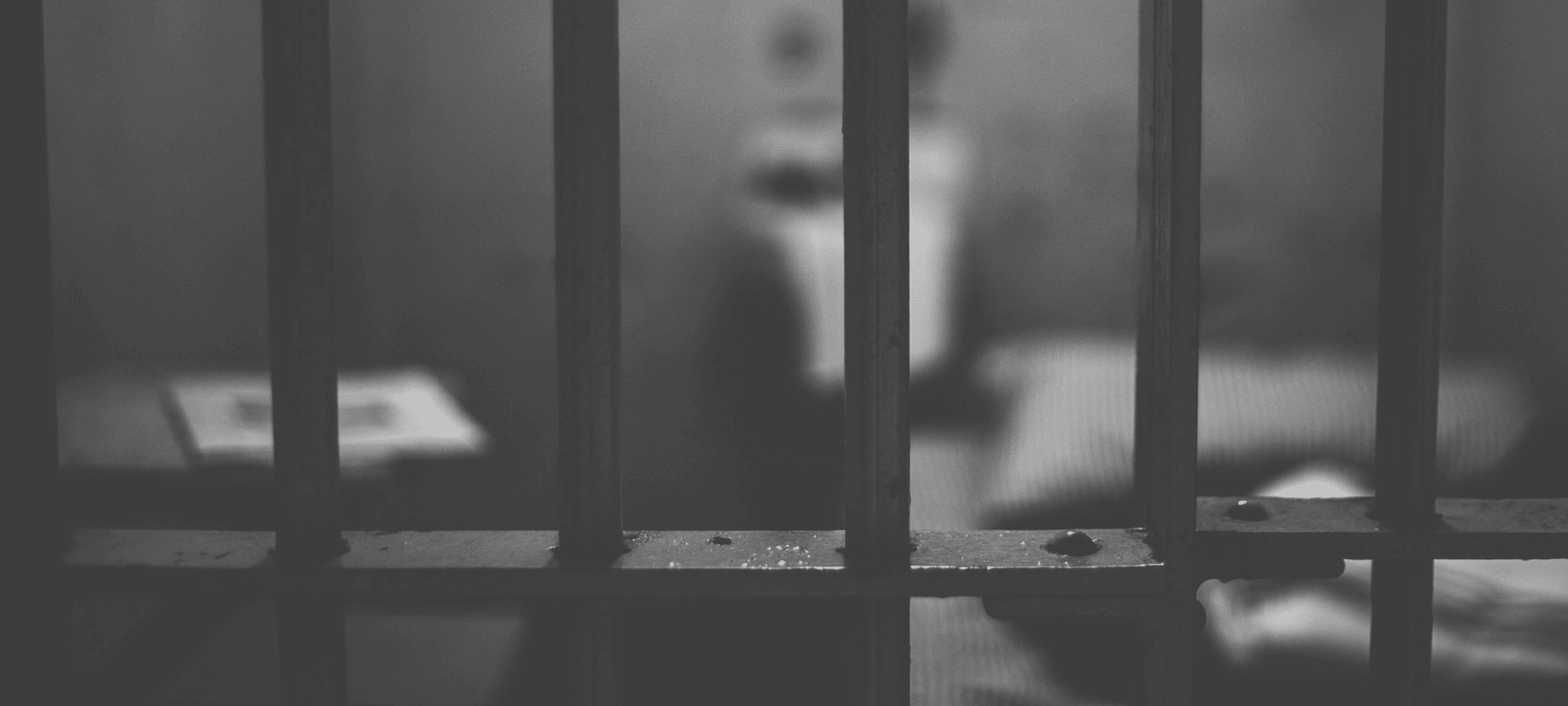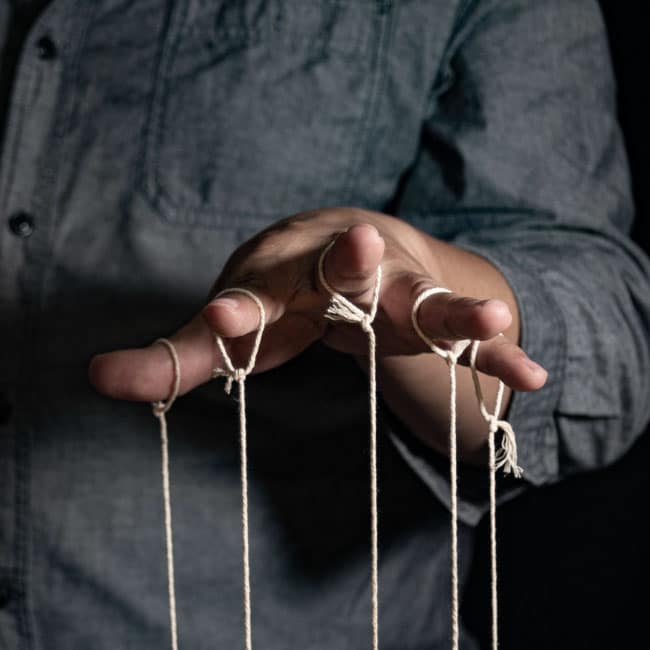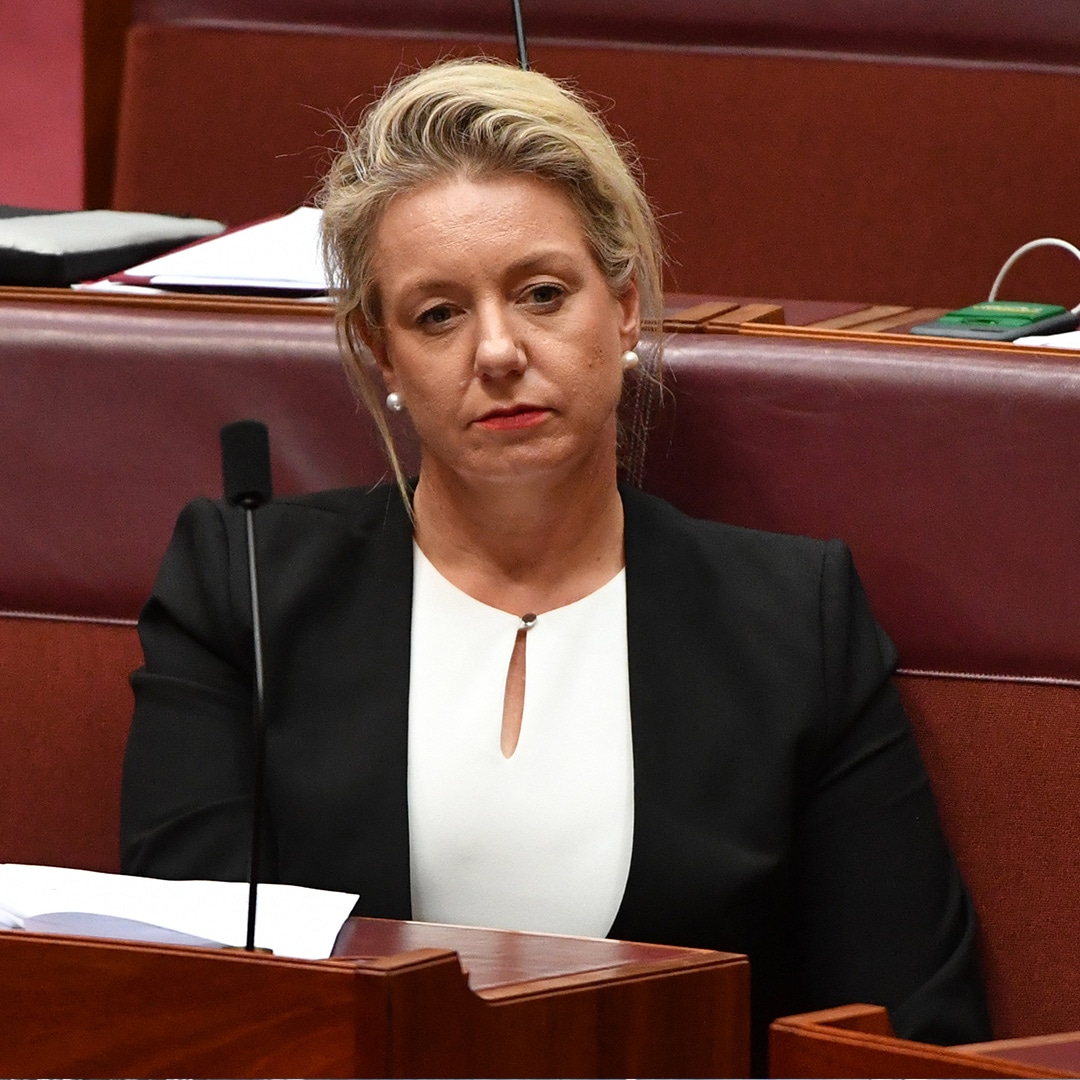
Power without restraint: juvenile justice in the Northern Territory
Opinion + AnalysisPolitics + Human Rights
BY Simon Longstaff The Ethics Centre 1 OCT 2012
The institutional abuse of children detained by the government of the Northern Territory is a bone-chilling example of what occurs when raw power is exercised without ethical restraint.
The scenes broadcast by the ABC’s Four Corners program in July 2016 were the stuff of nightmares – the kind of thing done by ‘other people’, in ‘other countries’, in ‘other circumstances’. But this nightmare became real, for us – here and now. The prime minister announced a Royal Commission to investigate what had happened and why.
But first, we need to look at the general conditions that made the unthinkable possible. Those conditions do not just apply in the context of juvenile ‘justice’ in the Northern Territory. Australian governments are responsible for the detention of people throughout our states and territories as well as on Manus Island and Nauru. In every case, there is a risk (and often a reality) of people with power exercising it in a manner that fails the test of the most basic standards of decency.
Every person who is detained deserves to be treated with a basic measure of respect – even those who committed the foulest crimes still retain their intrinsic dignity as a ‘person’.
Second, we need to reckon with arguments that the ‘ends justify the means’ and the prisoner or detainee is the author of their own fate – that they ‘deserve what they get’.
Normally, you would expect parliaments in a liberal democracy to place strict curbs on the exercise of power by government officials. But in recent years, the tendency has been to take the opposite path – to smooth the way for excess.
This has been done by creating numerous exceptions to the application of usual legal and ethical restraints that have been designed, over millennia, to tame power – such as judicial oversight, civil and criminal liability, media scrutiny and respect for individual rights like habeas corpus.
Australia has wide exemptions – for members of the intelligence services, for those detaining suspected terrorists, for detention centres and, as evidenced in the Four Corners report, for those guarding juvenile detainees in the Northern Territory.
Section 215 of the Northern Territory’s Youth Justice Act confers a wide-ranging immunity on virtually all people working with juvenile detainees. Specifically it says:
“The person is not civilly or criminally liable for an act done or omitted to be done by the person in good faith in the exercise or purported exercise of a power, or the performance or purported performance of a function, under this Act.”
It is yet to be determined whether or not the behaviour revealed by Four Corners was done ‘in good faith’. If so, then the people responsible can never be held to account. The parliament of the Northern Territory has, for all intents and purposes, written a blank cheque.
Cultural failure is the responsibility of those in positions of authority. It cannot be addressed by lopping off the heads of a few ‘rotten apples’ buried in the depths of the barrel.
These provisions were likely enacted as part of a law-and-order campaign. It probably never occurred to legislators that children might be tear-gassed, bound to chairs (and all the rest) by their guards. I’ve no doubt they are now appalled at what has been done. But their lack of forethought does not lessen their responsibility for what they have made possible. It only deepens it.
Governments bear the ultimate responsibility for the treatment of those they detain. Such responsibilities cannot be outsourced. Every person who is detained deserves to be treated with a basic measure of respect – even those who committed the foulest crimes still retain their intrinsic dignity as a person. If we do not deny this for the worst of humanity, how can it be absent for children? They may be angry. They may be rebellious. They may be violent. Even so, they are children. Our children.
It is almost certainly the case that those responsible for abuse are not monsters. They will be just like most of us – most likely unable to conceive of treating their own children as they have those in detention. It’s an age-old puzzle. How can basically good people end up doing such terrible deeds?
It will be revealing to see if we take a wider look at what made this national disgrace possible and ask where else the same seeds have been planted.
There are a number of factors that were likely at work here:
- The guards could have been conditioned to look at their task through a purely legal lens – ‘if it’s not illegal it’s not wrong’.
- An element of tribalism – people conforming to the norms of a tight (usually isolated) group that overwhelms the dictates of individual conscience.
- A belief they were serving a ‘higher good’ (law and order) and their child victims deserved harsh treatment.
- A belief that the methods employed were ‘best practice’ sanctioned by a ‘respected authority’.
- A sense the children were not deserving of basic respect because they were ‘not like us’ – most likely linked to their Aboriginality.
- And most importantly, people within the group may have questioned what was being done while lacking the moral courage to speak out for fear (usually well-founded) of retribution.
Cultural failure is the responsibility of those in positions of authority. It cannot be addressed by lopping off the heads of a few ‘rotten apples’ buried in the depths of the barrel. Instead, we need to look at the ‘rotten barrel’ – and who made and maintained it.
How we respond to this issue will tell us a lot about Australia and its people. In particular, it will be revealing to see if we take a wider look at what made this national disgrace possible and ask where else the same seeds have been planted.
Ethics in your inbox.
Get the latest inspiration, intelligence, events & more.
By signing up you agree to our privacy policy
You might be interested in…
Opinion + Analysis
Politics + Human Rights
If you don’t like politicians appealing to voters’ more base emotions, there is something you can do about it
Opinion + Analysis
Politics + Human Rights
McKenzie… a fractured cog in a broken wheel
Opinion + Analysis
Politics + Human Rights, Relationships
Intimate relationships matter: The need for a fairer family migration system in Australia
Opinion + Analysis
Health + Wellbeing, Politics + Human Rights




